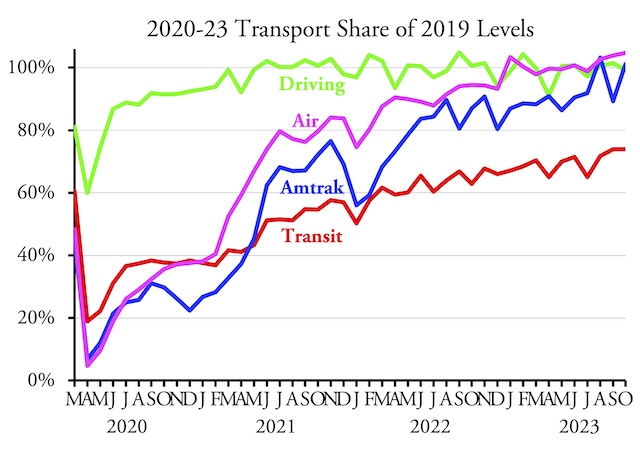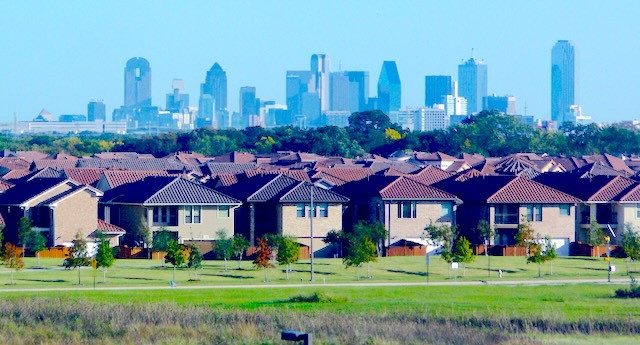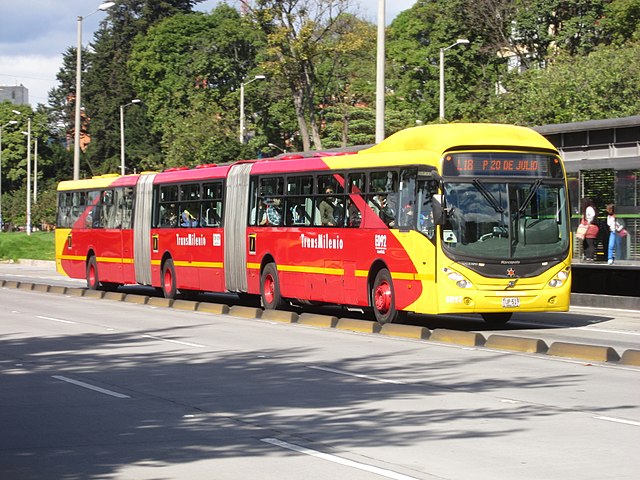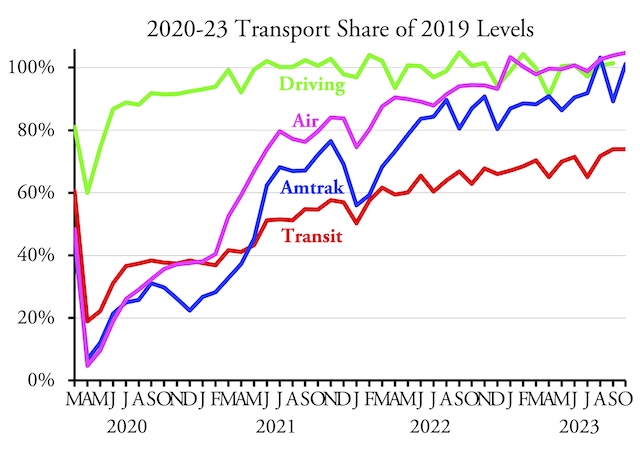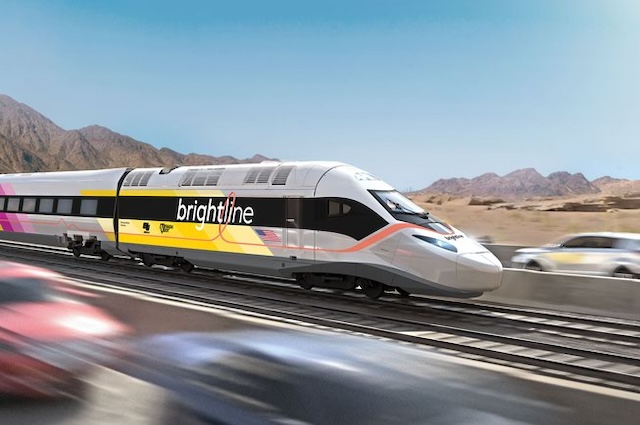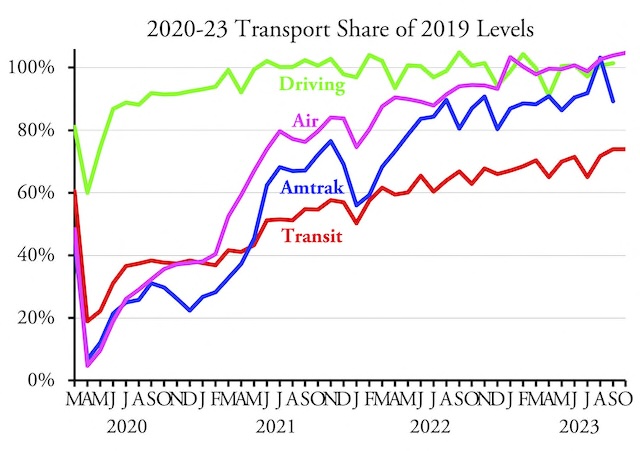Americans drove more than 99 percent as many miles in October of 2023 as they did in the same month in 2019, according to data released yesterday by the Federal Highway Administration. Miles of driving have been hovering around 100 percent of pre-pandemic levels since March of 2021.
Transit and airline performances in October were reviewed on December 7 and Amtrak’s on December 11.
Although driving has recovered, the places and times people drive have changed. Rural driving is 2 percent ahead of 2019 numbers while urban driving is 2 percent behind. Within both rural and urban areas, driving is greater on interstate freeways than on other arterials and greater on other arterials than on other roads and streets. Continue reading

